“You cannot sing African music in proper English.” -Fela Kuti
Early this February, South African songwriter and singer Tyla, was honored with the Best African Music Performance award for her hit song ‘Water’ at the 2024 Grammys. Among her nominees were ‘City Boyz’ – Burna Boy, ‘Ampiano’ – Asake and ‘Unavailable’- Davido. At the 2021 Grammys, Burna Boy, an upcoming Nigerian artist at the time, won the Best Global Music award for his recently released album Twice as Tall.
Spotify has reported a 500% increase of Afrobeat listeners between 2017-2022, titling it as one of the most streamed music genres on the platform, at a ‘whopping 43%’.
This in itself incited a lot of pride and notoriety across the diaspora as more and more African artists are becoming recognized and awarded among others in such an honorable fashion.
Father of Afro-Beats
Afrobeats was first coined in the early 1960s by Nigerian artist Fela Anikulapo Kuti (The Father of Afrobeats) and his band, originally known as Koola Lobitos, to categorize his evolving experimentations with the contemporary sound of the time. In his music, he fused traditional roots of African music, such as drums and the mother tongue, revolutionary lyricism, techno beats and the instrumentals of soul & jazz, to create a crossover of musical liberation and cultural explosion. Other artists that have experimented with Kuti’s sound during the early 60’s-mid 70’s were the Liadju Sisters, King Saha, The Funkees, who were primarily Rock and Afrobeat inspired, and Tony Allen, Kuti’s drummer.
His inspiration for the birth of this revolutionary category was to differentiate the substance within his music compared to co-existing American artists of the time, such as James Brown. Although he was inspired by the technical aspects of funk and others, he prided himself on his ability to blend the fundamentals of his unique culture with the core of the 60/70’s melodic style.
Afro-Beats Across the Diaspora
The genre has since then evolved, seen primarily in the UK, Nigeria and Ghana during the 2000s-2010s, and has become more infused with other pre-existing genres such as Hip-Hop and R&B, which we see more actively in todays’ music. Fela’s impact is reflected in the roster of known names who have sampled his beats for the foundation of their songs, like Missy Elliot, Kanye West and J. Cole.
Burna Boy’s latest album, I Told Them…, encapsulates the transcending of culture and generations that Father Kuti exemplified himself. Burna sampled singer/songwriters Brandy and Jeremiah who are popular artists in the African-American music scene. He attributed his style of music to his love for fusing the contents of Afro-Pop with the nostalgia of the Black 1990s, as he grew up with the influences of both worlds, reported in Pitchfork. In one of his most popular music videos, ‘City Boyz’, he’s seen wearing Timberland boots, Jean on Jean and a White tee- which are crucial staples in the fashion aspect of the Afro-American 90s-00’s.
Tyla is another example of transcending boundaries in culture. She vividly mirrors and embraces the aesthetic of 2000’s sensations like Alicia Keys, Ashanti, Rihanna and Mya in American R&B while maintaining the grounded cultural roots of her South African sound.
Afrobeat artists aren’t only intertwining the cultures through their own sound – they’re also experimenting in their newfound collaborations over the recent years.
The transcending of the cultures can be mainly credited to these well known mixes with Western artists. Views, a 2016 hit album by Canadian rapper and singer Drake, accompanied the popular Afrobeat artist WIZKID on his Afro-inspired track, ‘Controlla’. In his more recent album, ‘Certified Lover Boy’, Drake collaborated with Tems, another well known Nigerian singer and songwriter in the Afrobeat scene. Numerous artists started to follow the idea of these collaborations, such as Future, Beyonce, Chris Brown and H.E.R..
The Impact of Afro-Beats
By many, Afrobeats has been deemed as a ‘feel good’ genre because of its diverse vibrant beats that are fused with the rhythmic tone of the West African dialect.
To gain more insight on the imprint of Afrobeats on the youth and the Caribbean natives, I asked around on how many feel about the genre’s rise.
Afia Sawadogo, a West African (Burkina Faso) teenager residing in New York City, agreed, mentioning that, “Afrobeat to me is a very upbeat hip/lively genre, regardless if the song is about romance, [real] life, whatever. It’s mainly in a positive way.”
But it isn’t only limited to such. The songs each have their own story, and some contents aren’t necessarily joyous or “upbeat”, like ‘People’ by Libanca, where the artists spoke of feeling alone and estranged in life.
Baldwin Peña, born and raised in the center of Caribbean culture: Washington Heights, expressed how he felt about the label, saying that, “Vibrant and feel good puts it in a pocket. Doesn’t allow it to be political, doesn’t allow it to be emotional, right? You have songs, which the name is gonna run for me now, but it’s, it’s the song where she’s basically saying I’ve been drinking for five days, right? That’s not a, that’s not a jolly song. But I do think that it’s a big part of the pop that comes with the sound. Like the rhythm” he said in reference to People by Libanca.
Regardless, like Afia, many African teenagers/young adults are becoming more familiar with seeing their cultural presence on screen globally. The genre possesses splashes of Pop, Jazz, Reggae/Reggaeton and R&B/Hip-Hop aspects as well that makes many listeners who’ve explored the African, and Afro-ethnic, experience nostalgic and feel honored. With language being the most prominent aspects of the songs, many are able to hear themselves in the artists they listen to on huge platforms like the Grammy’s and BET Awards, and even recognition on Spotify and Apple Music that weren’t as prominent prior to the recent years of 2020.
Some examples of the language used within the music are Pidgin, Yoruba, English and Twi, showcasing the diversity among the genre and diaspora as a whole.
The global acknowledgement of the sound is paving the way for cultural placements in the development of music, just as Jazz has done in the 20’s or Hip-Hop from the 70s to now.
But there has been some backlash regarding how mainstream it has become, and if it’ll deteriorate the genre as a whole, especially if this acknowledgement is a money play to gain certain cultural points.
The Grammys recently released the Best African Music Performance award within the recent year, and although it pulls out artists from the culture and gives them recognition, it starts to feel as if it is curated too specifically.
Baldwin added that the framed nominations, as such, can actually be detrimental due to the specificity, “We’re talking about celebrating the music. You want to acknowledge them for being the greatest in music”, and it ultimately may limit the artist.
At times, also, it can be seen as if the genre is becoming used to being a mockery among mainstream artists who will incorporate such beats or speech to mimic the sound. Yet, those within the style, don’t come into profit so easily.
The genre is teetering on the line of becoming a marketing scheme, where artists who have solidified themselves in the music and the culture, aren’t as popular as other artists who can ‘blend’ more easily into the Americanization of AfroBeats, like Tyla or Burna Boy. Within the recent year, a popular UK magazine released an artist profile on Tyla- titled as ‘Pop with an African Beat’. Artists with her notoriety are becoming separated from their cultural roots to fit the status-quo and leave other artists like Temz, Ayra Starr, Tiwa Savage and Amaaree lacking the same graces and recognition because of the formation of the idea in what Afrobeats is supposed to look and sound like.
This trend is reflective across all genres, as we see with feuds in generic Hip-Hop & Rap. Women typically aren’t taken as seriously as the men, and if so, they must appeal to a certain idea and audience: typically of lighter complexions, more of a sexual presence and less dominant tones.
Sheika Eliassaint, a Caribbean woman who prides herself on her African roots, unfolded a trend of exclusivity that happens often when cultures, or aspects of so, are globalized and widespread, “I think it’s a good thing. It’s a good thing if the artists are getting paid for their work, but a lot of people are starting to appropriate it, so I don’t know how they feel about that. It’s easier for them to sell their love to the world. So it’s just become more like an aesthetic rather than actually genuine.”
But on the other hand, it does contribute to actively curating space in representative media for the culture in a general fashion. Women of darker complexions are becoming more frontline, and their music does continue to reach waves that aren’t as usual.
Featured in films like Black Panther, or Netflix hit Blood & Water, Afrobeats is finally receiving the well overdue recognition from society and as a result, continues to open doors for Black presence, specifically African presence, to become widespread.
Artists like FireBoy DML, Davido and Nasty C are emerging in the musical scene due to their discography placed in said films that reached countries beyond.
Tyla is credited as the first South African musical artist to hit the Billboard charts in over 55 years and the first to ever win a Grammy of said title, immediately breaking down all barriers. It has completely reshaped the sound of Pop and mainstream media while front lining the cultural influences that have paved the way for multiple aspects of the music we consume today.
AfroBeats has also opened the doors for the popularization of West African fashion and styles as many of these artists are becoming references. Take Asake for example, who’s become more trendy and noticed for his presence in his cultural attire, while being one of the most listened to artists within the Afrobeats discography.
The Future of Music
Afrobeats continues to remain a collective source of liberation for the African/Pan-African people all over the world, from various communities. It lies in the hearts and souls of the people worldwide and constantly pushes boundaries of Afro-culture and existence in the core of society. Through it, music has been able to develop to other creative sub genres such as Afro-Pop, Afro-Funk and Afro-Jazz to cover the intersectionality of interests culturally and globally.
Young natives to the culture have already begun to embrace the rising popularity of Afrobeats. Oluwatamilore Maraiyesa, Nigerian Intern for the arts at the Brooklyn Museum, assures that “African artists like Rema, Ayra Starr, and Burna Boy are selling out shows and are carrying our sound throughout the globe. If anything, Afrobeats will keep evolving and growing, showing just how great our culture and music is.”
The growth of Afrobeats can be attributed to the efforts of the newer generations and rise of social media works like Tiktok and Instagram, and even platforms like Spotify. The wave of choreographies and trends placed on top of the sounds completely alter the course of Afrobeats in relative music. As a result, Afrobeats has become more intertwined with Westernized music, allowing many artists to expand their following and the instrumentals they utilize in their music, thus appealing to a wider audience. In these new collaborations, with relatively well-known pop artists like Ed Sheeran and Selena Gomez, and many American R&B/Hip-Hop artists, the fusing of these unique African musical elements with American composition creates a powerful and new dynamic within the musical world that appeals to the landscape of cultures widely.
As the genre continues to gain traction and interlace with the variety of cultures, Afrobeat artists remain persistent to the manifesto of Father Kuti, leaving the music industry in a state of curiosity and fascination for what the coming generation will create.
ASAMBE!


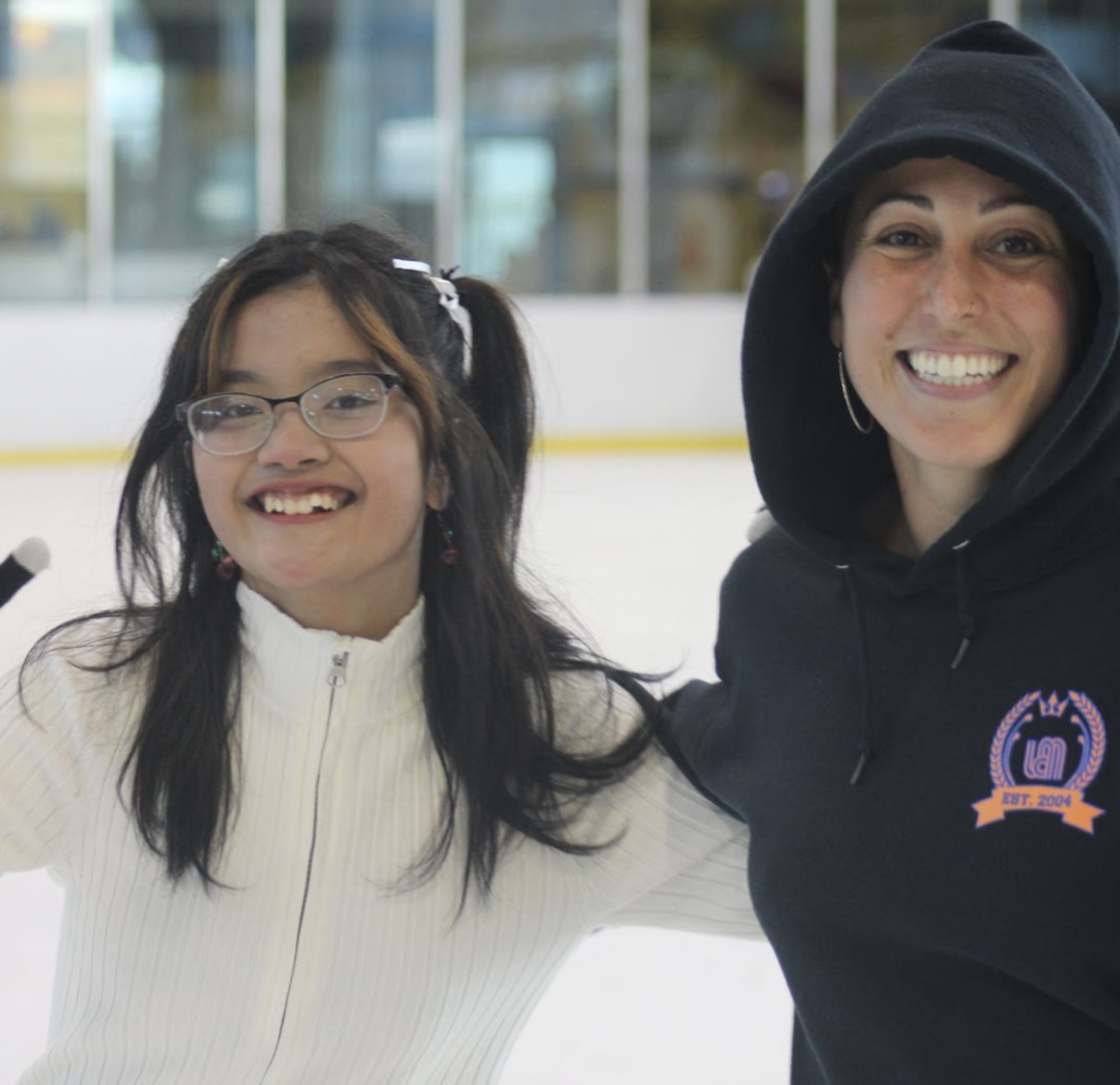

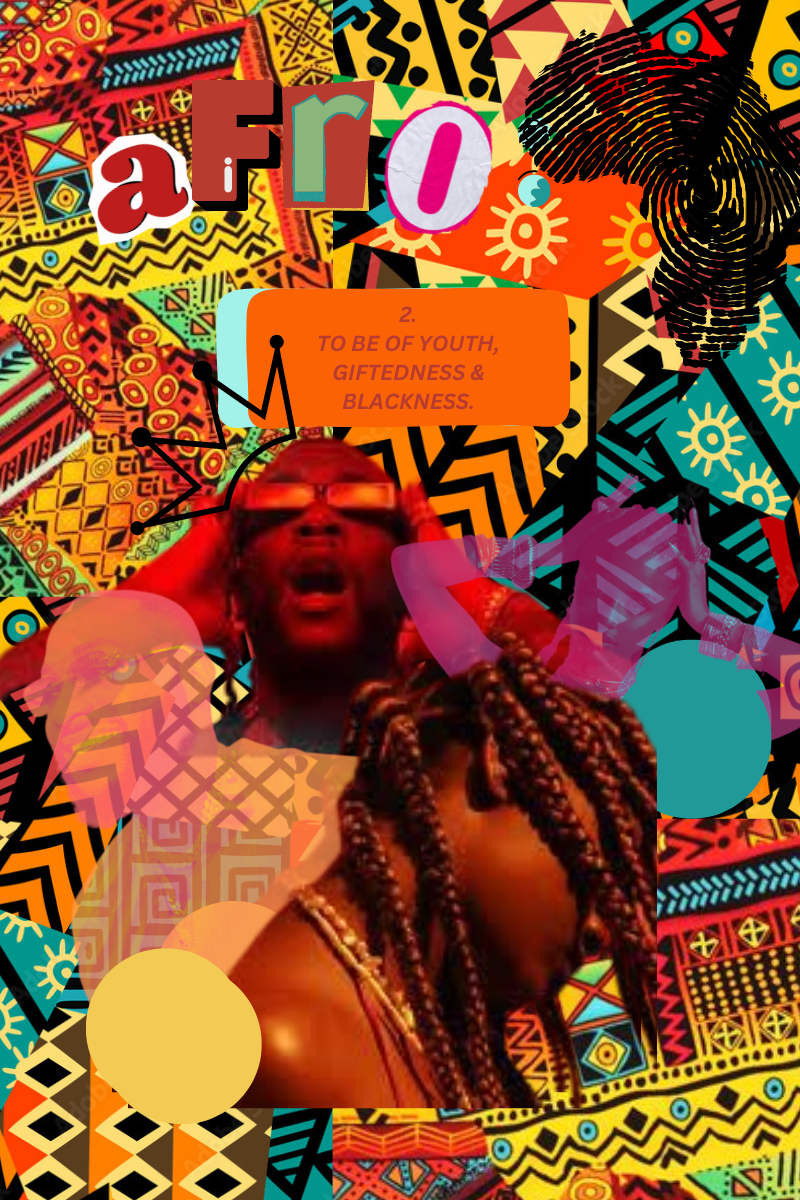

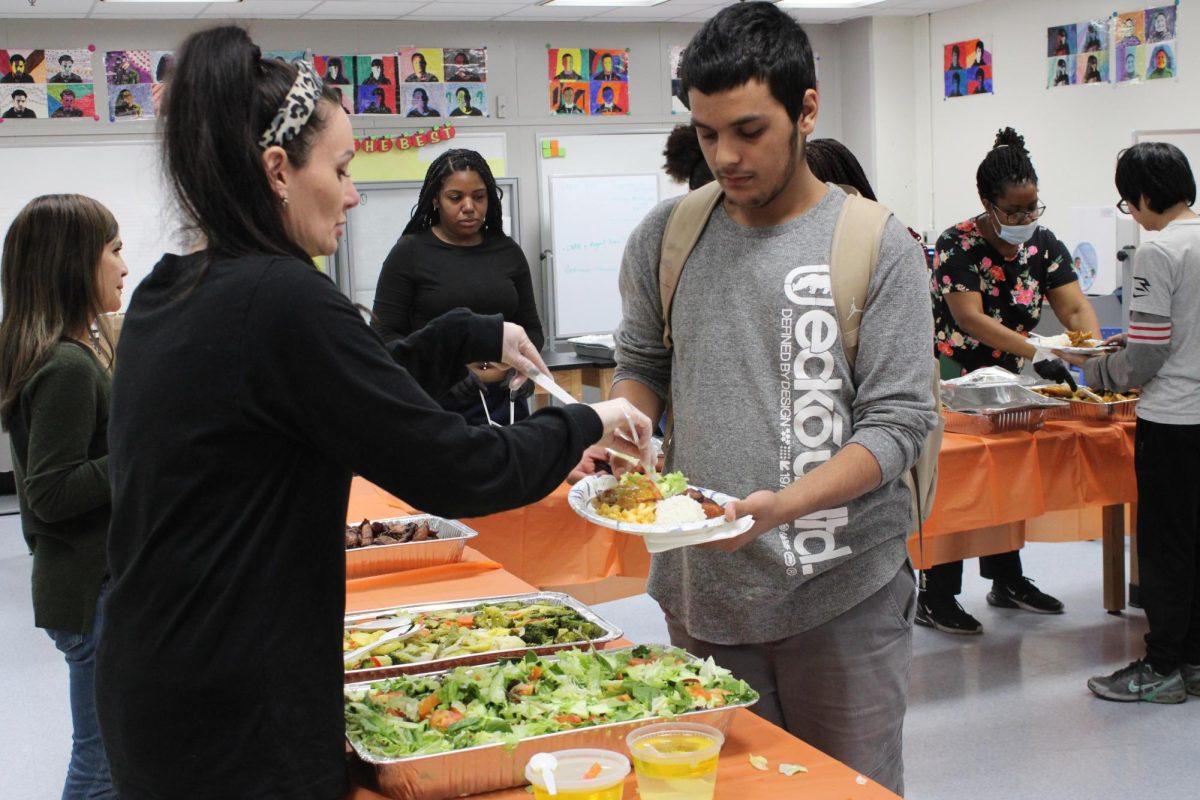
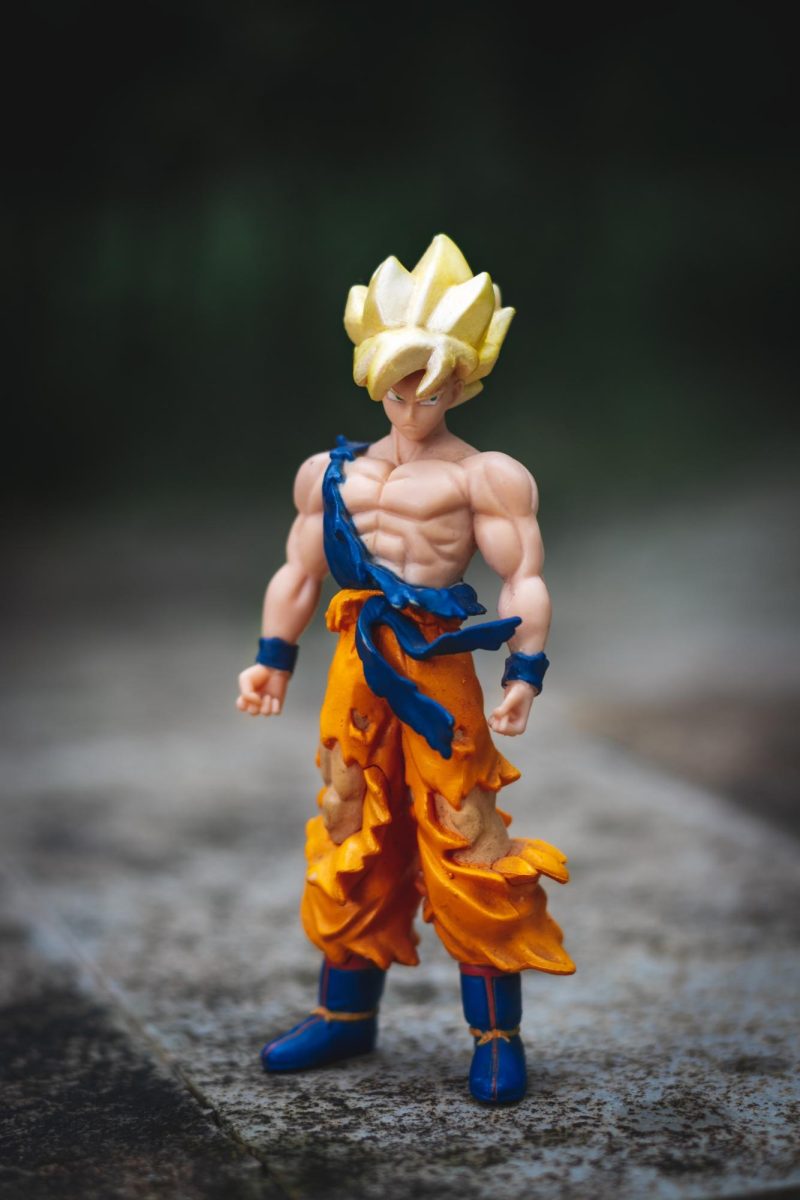

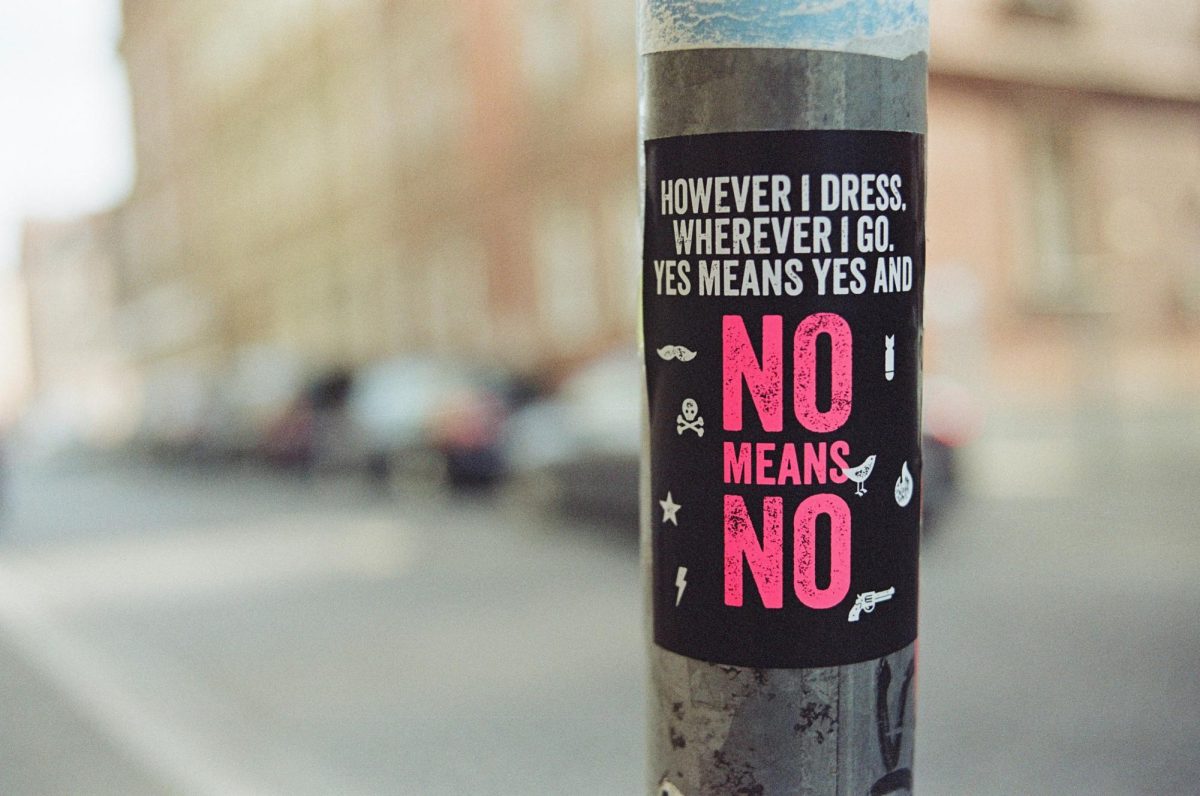

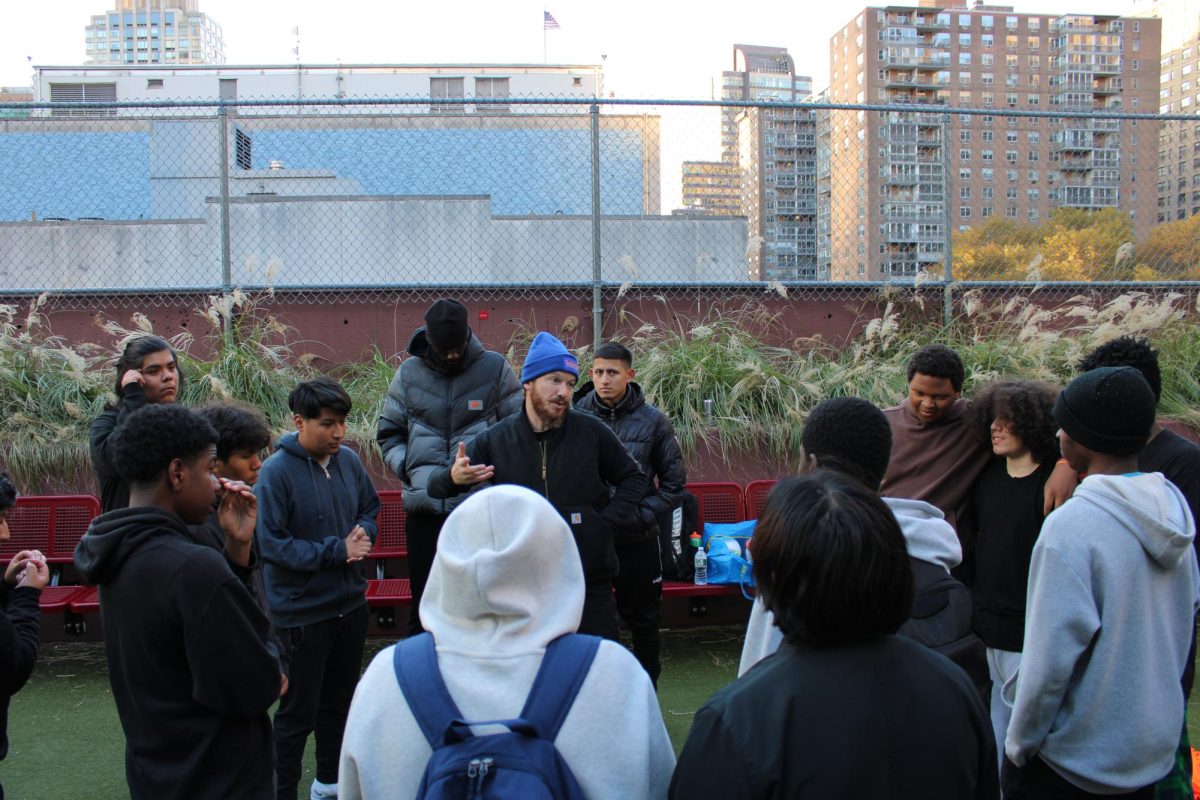
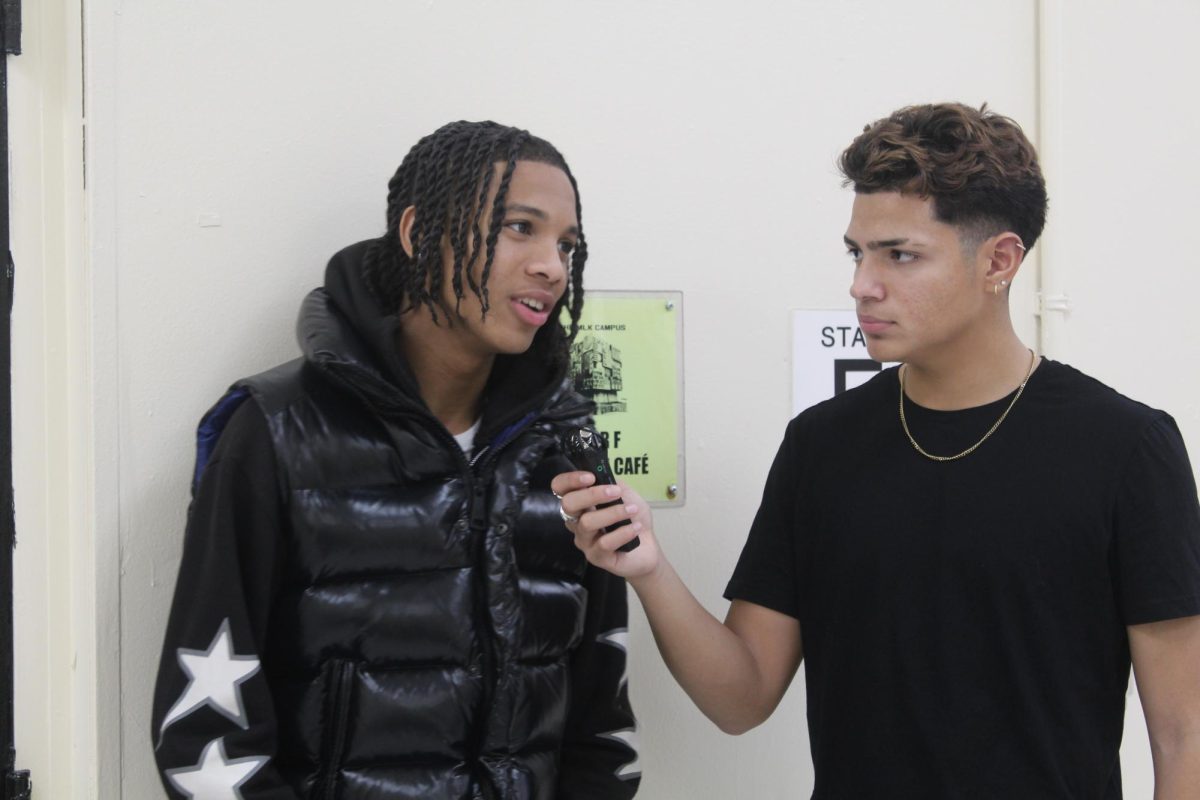

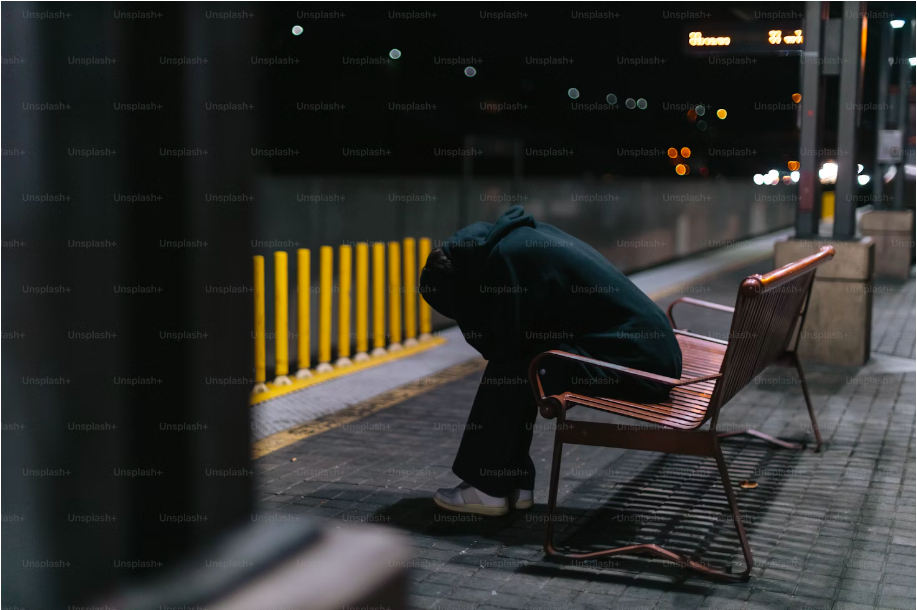
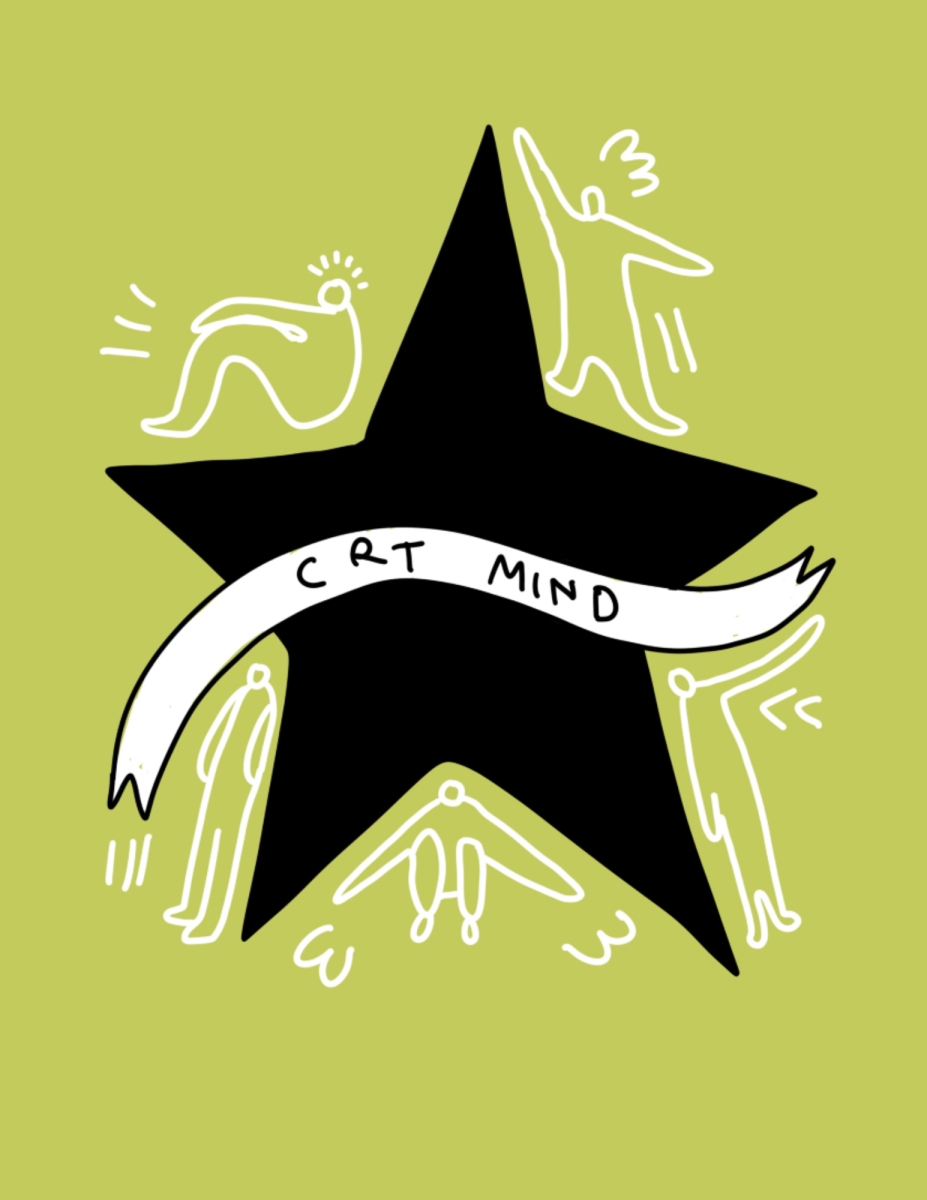
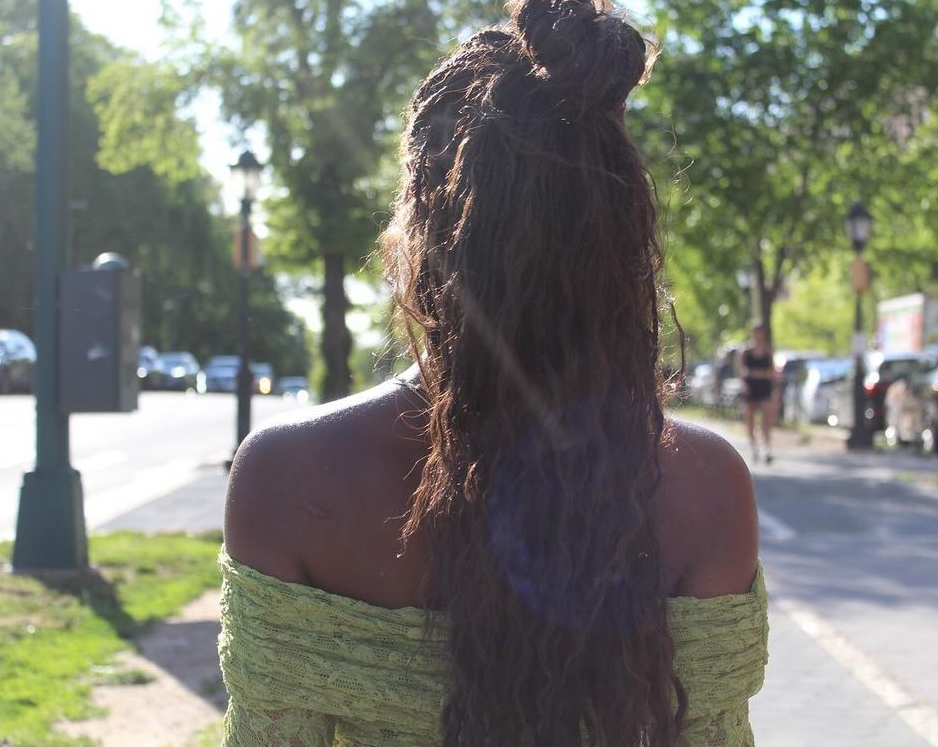





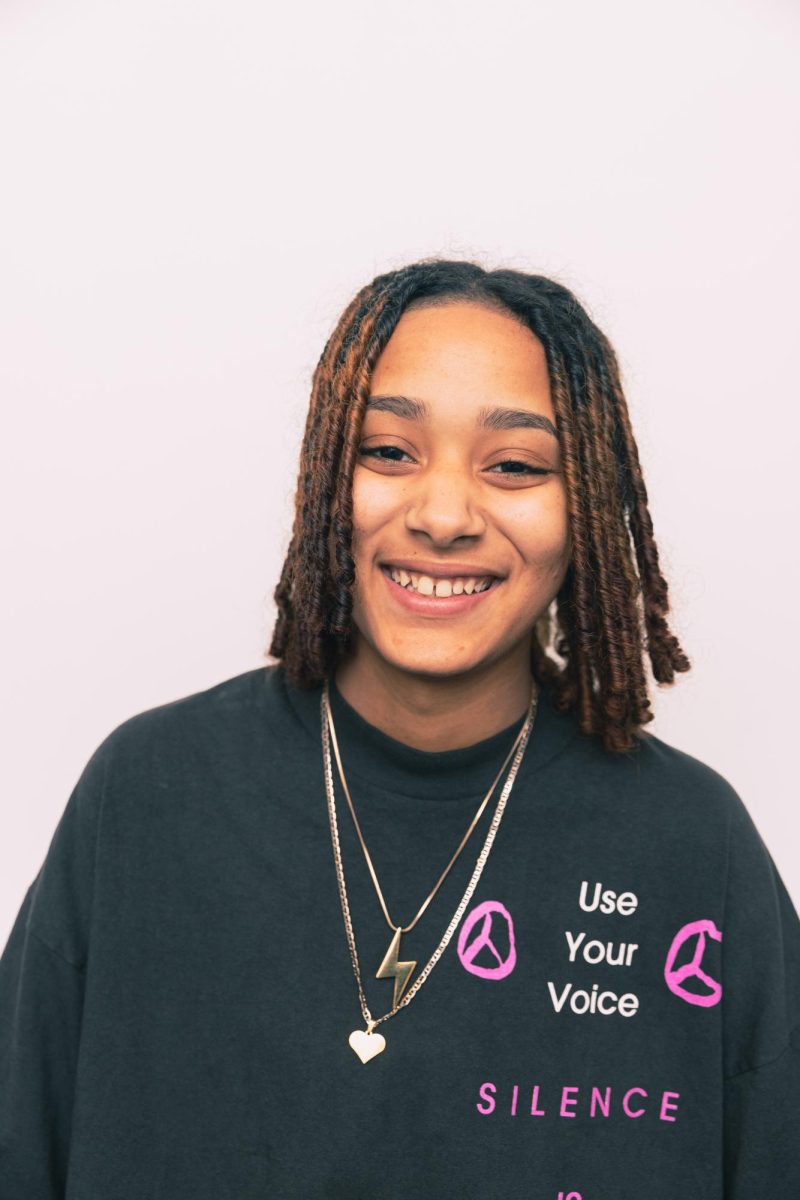
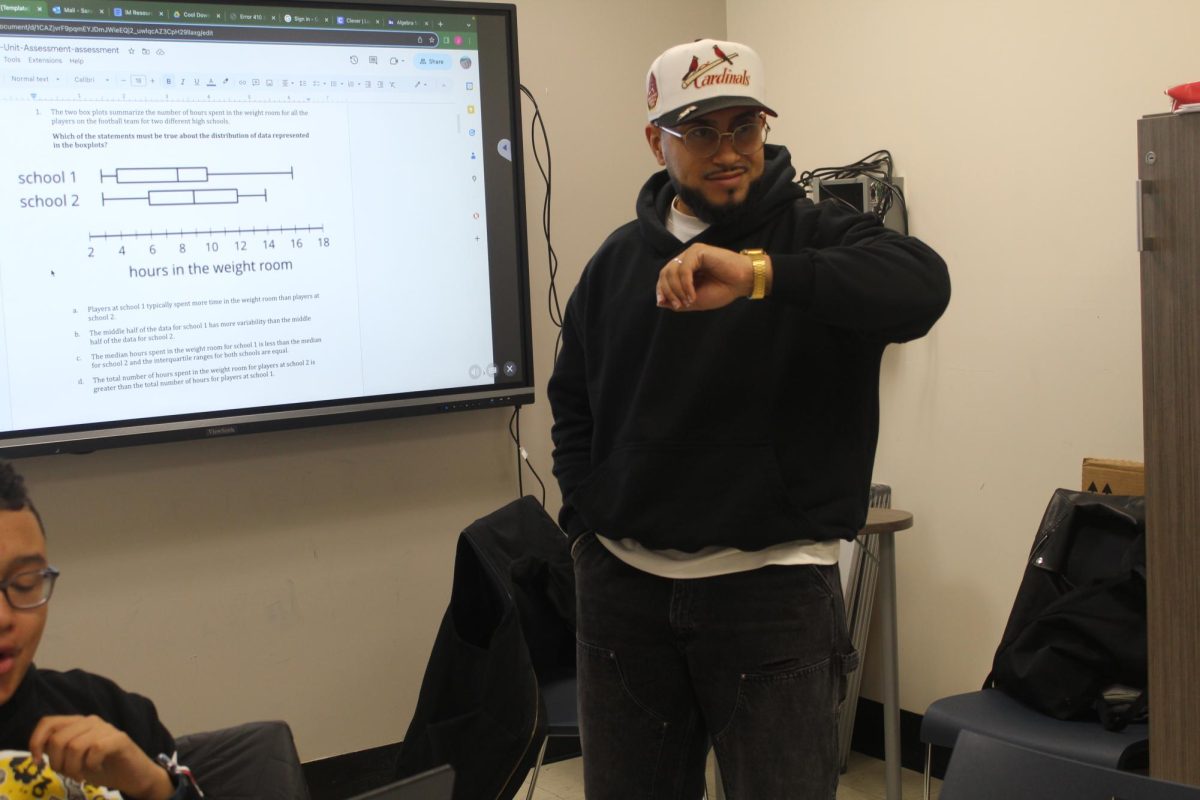
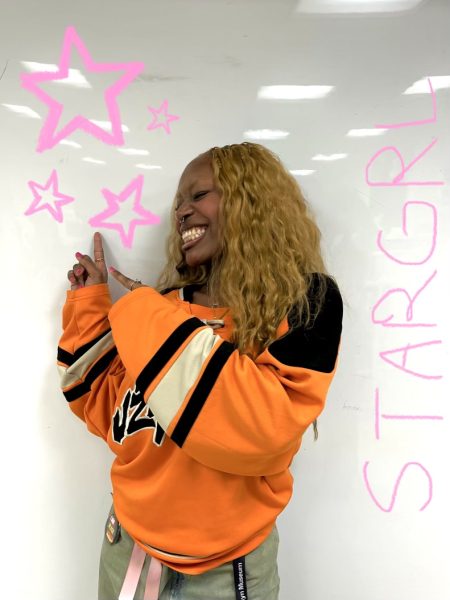
Melique • May 6, 2024 at 5:51 pm
This is one of the best articles I have ever read. It also enlightened me on things that I didn’t know about my favorite music genre beforehand. KEEP UP THE AMAZING WORK !!
Teisha Wilson • Apr 3, 2024 at 8:35 pm
Omg this article is super informative, I can’t wait to listen to Fela Kuti because of this and really listen to his influence on music currently. I LOVE IT I LOVE ITTTT
Tinkerbell • Apr 3, 2024 at 6:57 pm
Amazing article , i was definitely informed about a genre I didn’t know much about. I love the art as well!!
MT • Apr 2, 2024 at 2:37 pm
I love afrobeats and learned a lot from this informative article!